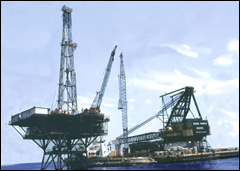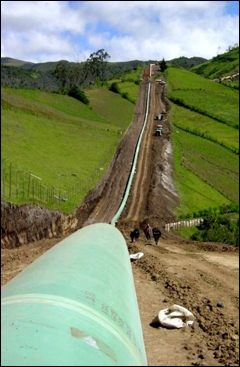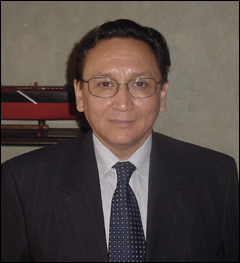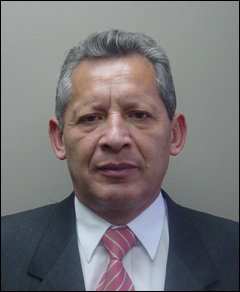|
 View
this document in Spanish
View
this document in Spanish
 UPSTREAM
OPPORTUNITIES: THE OIL INDUSTRY UPSTREAM
OPPORTUNITIES: THE OIL INDUSTRY |
Legal security has been an especially important
matter for Ecuador's oil and gas sector. After
the discovery of oil in the Amazon region of Ecuador
in 1967, the energy sector has transformed the
country as the sixth most important oil producer
in Latin America and the fourth crude exporter
of the continent. However, many multinational
oil and gas companies were disappointed after
discussions with the government about a devolution
of taxes and other broken promises.
Ecuador needs to change its legal framework quickly,
especially since major investment is needed for
the hydrocarbon sector. The government admits
that it does not have the capacity of modernizing
the state oil company PetroEcuador, and major
funds are required in order to increase oil production
and export levels.

But the opportunity of upstream development has
great potential - Ecuador's oil reserves are estimated
at 3.4 billion barrels and if these potential
oil reserves are exploited, the country could
undergo a new oil boom. To meet this goal, the
Minister of Energy and Mines,
Carlos Arboleda, offered a total opening of
the sector and greater "legal security"
for foreign oil companies, although he still has
yet to deliver on his promise.
The project that could act as a magnet to attract
new investments is the heavy crude oil pipeline
called the OCP
(Oleoducto de Crudos Pesados). It was inaugurated
in September and represents the most important
project of the country, which required an investment
of $1,400 Million and generated some 15,000 jobs.

"The heavy crude oil pipeline will double
present production, and if we tap into the potential
of our fields in the south-east of the country,
we may reach $1.2 Million per day of oil production
in nine years. This means that Ecuador will be
a different country in the next decade" projects
Mauricio Pozo, Minister of Economy. Ecuador
registered an average production 400,000 barrels
a day and last year its oil exports totaled $1.84
billion.
|
The new OCP pipeline
has a capacity of 450,000 barrels a day, effectively
doubling the oil transport potential of Ecuador.
The new pipeline will transport oil to be exported
to the United States, the Caribbean and Asia, shipped
primarily by the Ecuadorian oil fleet, FLOPEC.

Jorge Donoso Moran,
FLOPEC's General Manager, reflects on the impact
of the new OCP pipeline for his business: "Ships
coming to Ecuador will have a greater capacity
than the ones at the present, which opens up many
new business opportunities for us". In order
to capitalize on this new capacity, FLOPEC is
developing strategic alliances and joint-ventures
in order to support the exports of a new terminal
that is being built in the Pacific Ocean port
of Balao.
The Construction and Services Corporation (CORPCYS)
is another company that has grown thanks to an
increase in oil investments, while taking advantage
of new construction opportunities in Ecuador.
"Being involved in the construction of the
OCP has permitted us to grow" admits Ramiro
Manosalvas, CORPCYS
General Manager.

The trend is positive, yet new explorations are
necessary so that oil production can increase
in a considerable manner and for the OCP to fill
up to 100% of its capacity. "The OCP will
start operations by transporting approximately
220,000 barrels per day, which is almost 50% of
its capacity… Indeed, the OCP is only the
tip of the iceberg - and that is why we are launching
a new era in terms of oil potential of the country",
says Bernardo Tobar,
Executive President of OCP.
The OCP assembles an impressing group of multinational
companies such as Encana of Canada, Repsol YPT
of Spain, Agip Gas Petroleum of Italy, Occidental
Petroleum of the United States, Perenco of France,
as well as Perez Companc and Technit of Argentina.
By working together, these multinationals have
shown that they believe in the country, even though
they would like the government to move faster
to liberalize the oil sector and offer legal security
to investors. Critics also suggest that the government
has failed to define a coherent policy that might
allow investment to truly move ahead.
"Ecuador has proven oil reserves" affirms
Tobar. "Now the ball is in the government's
Court: they have the reserves, we have set the
infrastructure for transport services, and interest
exists on the part of the foreign investors. What
is missing? Investors are willing to take the
risk now that the OCP is completed, so now it
is up to the government to take certain actions
needed in order to initiate new business opportunities
in the sector".
|

